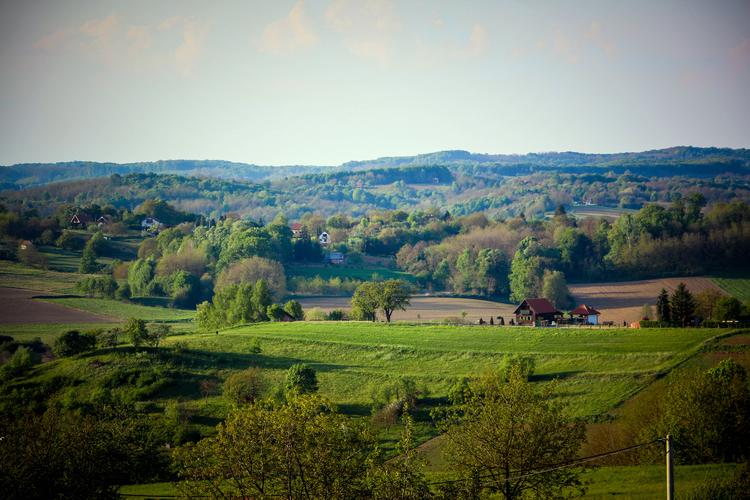In times of crisis and uncertainty, we often turn to our traditions, both religious and cultural, for comfort and guidance. These traditions provide us with a sense of stability and continuity in a world that is constantly changing.
Traditions are more than just practices and customs that have been passed down from generation to generation. They are a reflection of our values, beliefs, and identity as a community. They connect us to our past, grounding us in a shared history and helping us understand who we are and where we come from.
During times of crisis, traditions can be especially important. They provide us with a sense of purpose and meaning, helping us make sense of the chaos and uncertainty around us. They offer comfort and hope, reminding us that we have survived difficult times before and that we can do it again.
Moreover, traditions help us come together as a community. They provide us with a sense of belonging and strengthen our social bonds. They enable us to share our experiences, support each other, and find solace in our shared values and beliefs.
Of course, traditions are not a panacea for all the challenges we face. They can be restrictive and exclusionary, and they can sometimes prevent us from adapting to new circumstances. But ultimately, they are an essential part of who we are as human beings. They help us navigate the complexities of life, providing us with a source of resilience, comfort, and community in times of crisis and uncertainty.
(Note: Do you have knowledge or insights to share? Unlock new opportunities and expand your reach by joining our authors team. Click Registration to join us and share your expertise with our readers.)
Speech tips:
Please note that any statements involving politics will not be approved.
